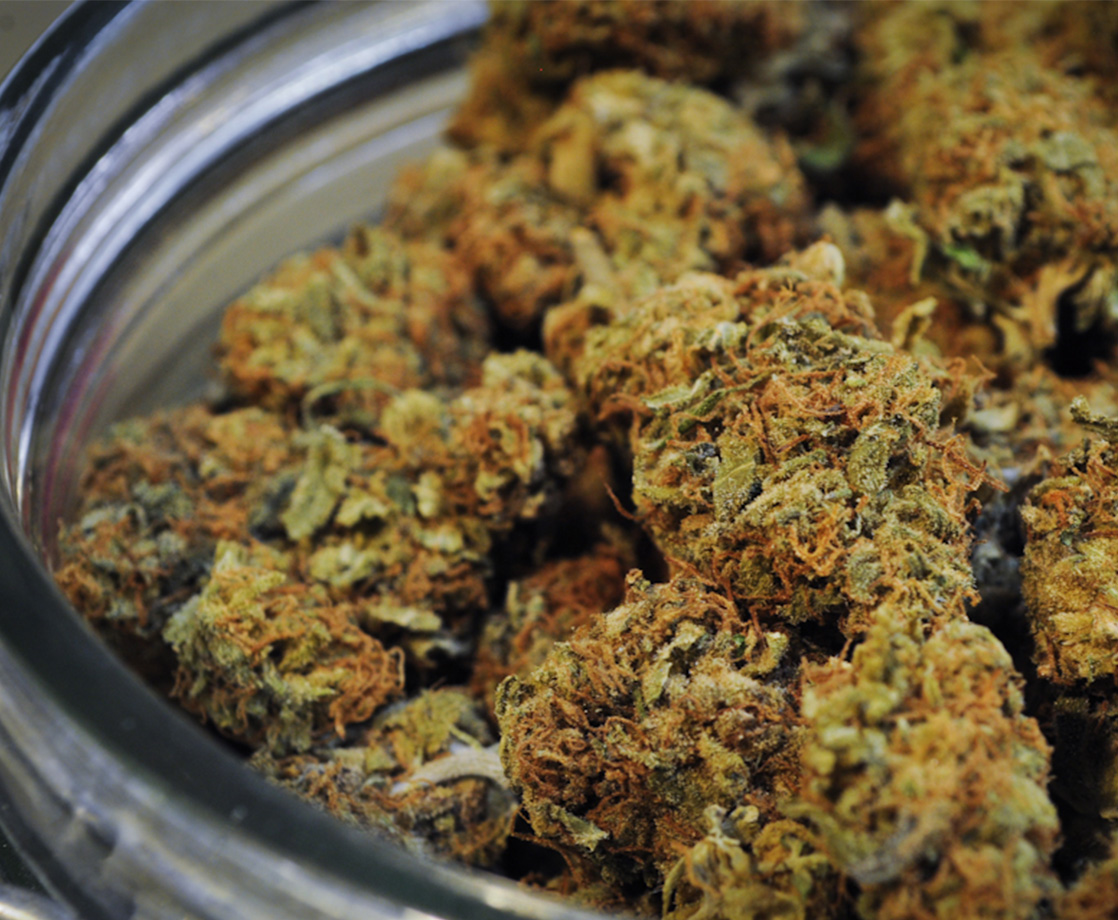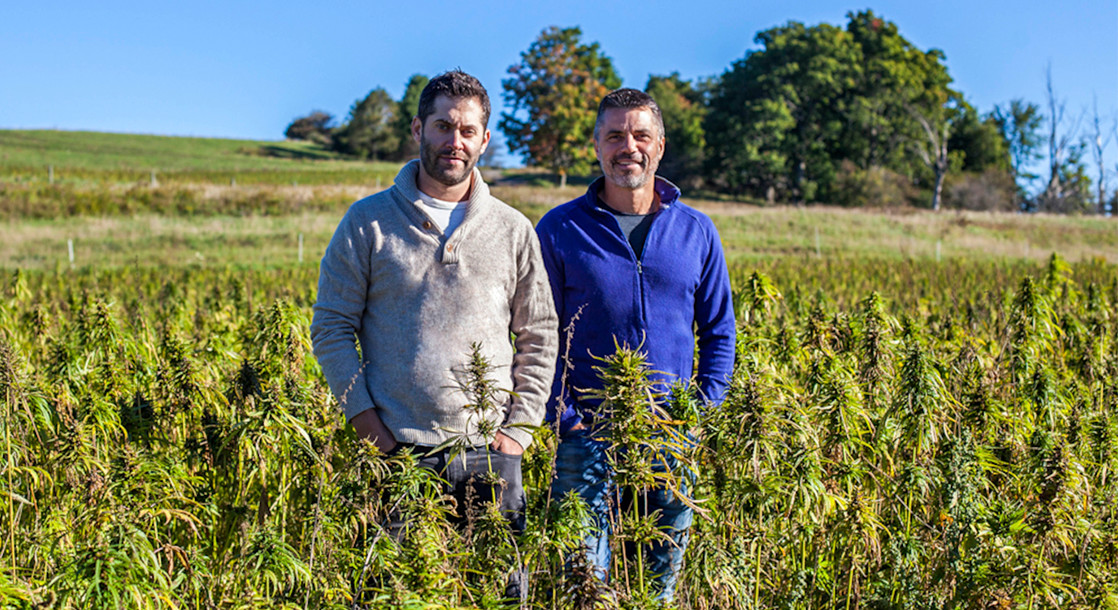In Oakland, California, the price of legal weed is too damn high. With a 10% local tax on every cannabis sale in the recreational market and a 5% fee on all medical products, the East Bay hub is alienating consumers in California's increasingly competitive green rush.
To reconcile those tax rates and restore the city's image as a marijuana mecca, the East Bay Express reports that the Oakland City Council has advanced a ballot measure to appear on this November's midterm election that would give the city's governing board the power to reduce local pot taxes.
Since the Golden State welcomed adult-use cannabis sales at the beginning of this year, taxes have been a sticking point of the new industry. With a 15% state excise fee added to every purchase, and traditional retail duties pushing the state's cut past 20%, the additional 10% tax at the local level in Oakland has pushed the price of state-approved pot well past the cost of black market bud.
To make matters worse, the city of Oakland takes its 10% cut from every step of the legal weed sales chain, taxing cultivators, distributors, producers, and — eventually — customers. Understandably, those added operating costs are not traditionally eaten by growers or extractors, and are instead passed down in the form of hiked wholesale and retail prices.
Across California, ganjapreneurs and lawmakers alike have bemoaned high tax rates at both the state and local level, with a number of Golden State officials pointing to steep fees as a facilitator of the state's still-prevalent illicit pot trade.
"Criminals do not pay business taxes, ensure consumers are 21 and over, obtain licenses, or follow product safety regulations," Assemblyman Tom Lackey, who has proposed a bill to temporarily lower state tax rates, said earlier this year. "We need to give legal businesses some temporary tax relief so they do not continue to be undercut by the black market."
But with state tax rates remaining steady for now, the recently-introduced Oakland ballot measure will look to bring the city's local industry in-line with local competition. In neighboring Berkeley, city councilors have already decided that 10% retail fee was too high, and cut the city's recreational tax rate to 5% in February. But while Berkeley was able to turn down the pressure on cannabis business owners with a simple council vote, Oakland City Attorney Barbara Parker has said that the same cannot be done in the East Bay's biggest city. After locking in tax rates in 2010, Parker has said that a ballot measure is the only way to make a legal change.
Already secured on November's midterm election ballot, if passed, the cannabis measure would allow the Oakland City Council to reduce city tax rates, while separate provisions would break the city's annual tax collection into four quarterly installments, giving legal weed businesses more leniency, and offer business deductions on those payments. Currently, federal law bans any marijuana business from filing deductions, but a local allowance could give respite to cash-strapped ganjapreneurs.
To alleviate any worries that the ballot measure could potentially be corrupted by misguided councillors to actually increase the city's cannabis tax rates, the proposal includes language that would require officials to either reduce fees or leave them unchanged.
Follow Zach Harris on Twitter











